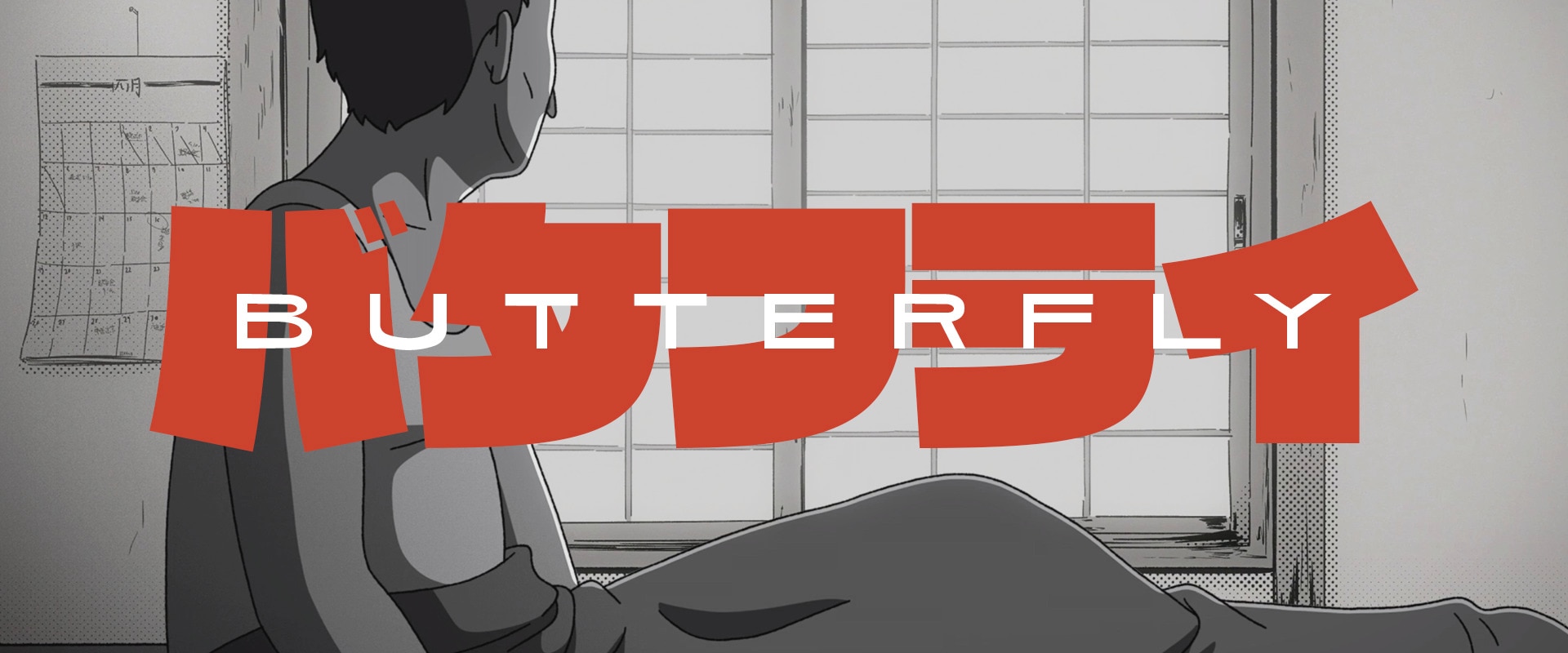Skip to:
Lifestyle
Magnum’s Pleasure Guide
Following extensive research among young people and the difficulties they face in setting boundaries between their on and offline lives, Magnum has taken steps to support them in establishing this elusive balance between the real and virtual world. This includes partnering with mental wellbeing neuroscientist Dr Jack Lewis to release the Magnum Pleasure Guide - a tool and source of advice to support us in living our most pleasurable life, whether that be virtually or physically.
Online Tips
If you love yoga, then why not try eye yoga! During screen breaks I’d recommend undertaking “Trataka” yoga-inspired exercises for our eyes, which studies have shown can help with the eye strain associated with too much screen time and improve symptoms of Computer Vision Syndrome. Simply, search for the practice of trataka, which involves two sets of eye exercises and try them each day!
Want to alleviate a condition called Digital Eye Strain? Why not try the 20-20-20 rule, where people are encouraged to set a countdown alarm for 20 minutes to remind them to take a 20-second break during which they focus on an object that it at least 20-feet (6m) away. This will ensure your life is pleasurable, both on and off screen!
Did you know, evidence is steadily accumulating to indicate that, while a little bit of social media each day can increase pleasure, too much can make you miserable, leading to depression and anxiety. Therefore, those who keep their social media use down to between 1-2 hours per day seem to get all the benefits and none of the drawbacks. As with everything in life, it comes down to everything in moderation!
Whatever your new favourite show is, the ‘watch the next episode’ button isn’t providing pleasure. Why? It discourages people from taking a screen break, which robs them of the opportunity to blink more, focus on objects in the distance, get up and move around and maybe even do something more interesting instead. In fact, binge-watching is strongly associated with stress and anxiety. So do yourself a favour - press stop at the end of each episode!
Our brains create memories with a part called the hippocampus, which is so important for keeping track of where we are. Different places become associated with different types of behaviour. So, when it comes to the bedroom, getting 7-8 hours sleep a night is THE most important thing you do to keep your brain healthy and happy. As sleep is so important for our health and happiness, it is important that your brain has a strong association between the location you sleep in and restful activities that calm your brain, rather than stimulating ones that get it all revved up. That’s why it’s so important to keep screens out of your bedroom.
Jumping from app to app is costing us pleasure time! People who constantly engage in multitasking find it difficult to focus their attention on one thing without getting distracted. That means it takes them longer to get a task done than someone who usually just does one job at a time. The reason for this is that every time we switch our attention from one task to another, it takes us a few minutes to pick up where we left off on the original task. These switch costs accumulate over time and eat into our free time.
There is no pleasure in trolling or being trolled! The internet and the metaverse can be great places to spend time so long as you don’t allow yourself to be baited into confrontation. There will always be negative influence who like nothing more than to be nasty to others. Trolls actually create as much stress for themselves as they does to the targets of their attacks. Don’t try to beat them at their own game. It is a game you cannot win.
If you have the option: meet up in person or via virtual calls – always choose in person!
The internet and metaverse have huge appeal, but our brains evolved all sorts of networks that make face-to-face socialising vastly superior to online equivalents. We are also hard-wired to maximise pleasure from participating in social activities with other people in real life because it gives us access to so many extra channels of information that help us to understand how other people are feeling. When we feel deeply socially connected with other people, it significantly improves our physical and mental health.
Online tutors can be pleasurable! It is incredibly important to cultivate hobbies and interests that keep you occupied and don’t require a screen to participate (see Offline Tip 5 for more).
One of the things that differentiates our species from other animals, and gives us many of the pleasurable skills that other creatures on planet Earth simply don’t have, is our incredible manual dexterity. Playing musical instruments, sports and engaging in crafts and hobbies helps us to slowly but surely improve the execution of skilled hand movement, which brings great pleasure. Interacting with tech, on the other hand, does not; limiting us to pushing buttons or swiping touch screens.
Online life can soak up a lot of time. To avoid neglecting all the various pleasures available in the offline world, use your time online to seek out resources (YouTube videos for example) that provide tips and tricks for developing a mastery of your offline skills (sport, music and crafts), allowing you to get the best of both worlds.
Offline Tips
When we use our muscles by doing 30 minutes of moderate exercise every day (or 60 minutes intense exercise every other day), our muscles release powerful chemicals known as myokines. Even gentle exercise releases endocannabinoids which make us feel good and therefore maximise our daily pleasure. The myokines travel up to the brain in the bloodstream where they trigger release of another substance which enables more new brain cells to be born! More brain cells? Yes please!
There is plenty of evidence in the neuroscience literature supporting the idea that 20 minutes of daily mindfulness mediation improves your physical health, mental well-being and enhances your cognitive performance. After just a week of daily sessions, your ability to focus improves. After a fortnight, measurable changes have taken place in the white matter in brain areas involved in taking an objective “helicopter view” on life events which can help with anxious and overwhelming thoughts. Ultimately, daily mindfulness puts your brain in an optimal state for maximising the simple pleasures in life.
Many people immediately pick up their phone as soon as they have an idle moment, but this robs them of the opportunity to daydream. It’s well-known in science that people almost always have their Eureka! moments or breakthroughs when they let their minds wander, enabling them to mull things over properly.
Filling every moment of the day with stimulation, from the moment you wake up until you get into bed, damages your brain health because you’re not leaving room for daydreaming. Indulging in flights of fancy and idle thought, not only expands the capacity of your imagination, but it actually helps you to find solutions to your problems. Apps are usually designed to grab your attention and keep you engrossed for as long as possible, displacing time you could be spending doing something much more rewarding. So put the phone down, switch off the screen, and let your mind wander - let the possibility for discovering pleasures be endless!
Hobbies are SO under-rated. They are a brilliant way to find flow. Flow describes a brain state of being actively engaged with what you’re doing; where you feel challenged but not too much. Something that’s not too hard, not too easy, but just right is at the core of producing pleasurable experiences.
The benefit of being in flow is that you are completely absorbed in the present moment, unable to think about the past or the future where the stress in our life lives. The more varied hobbies you engage with on a regular basis, the more options are available to you when you need to reduce your stress levels and therefore increasing your capacity for pleasure.
We often think of friends as nice to have, but not essential to a happy life. Yet, for an incredibly social creature like the human, this really couldn’t be further from the truth. Feeling like we have secure, reliable social connections with other people is extremely important for physical and mental health. Socially-connected people live longer and suffer fewer psychological problems – like depression, anxiety and personality disorders – than those who feel socially isolated. It’s important to spend time and effort on improving the strength of your social bonds, especially when it comes to maximising life’s pleasures.
There is a natural inclination shared by humans all over the planet that helps us to expand our social networks in a way that benefits both parties. If one person helps another, that other person will naturally seek opportunities to repay the favour. Or they’ll find another way to show their gratitude.
Why? Well it’s simple: owing somebody is uncomfortable. So, by paying back the favour we feel we’ve evened up the balance. Mutual cycles of helping are key to developing trust between two people. Of course, not everyone repays favours. By showing a general willingness to help, friendships naturally develop when you help the right people – those who always repay a favour.
Solve a personal problem and your mood will improve no end - but that is often easier said than done. Usually, the reason we can’t solve a problem is because we get stuck in a rut – we come back to the issue again and again, always thinking about it in the same old way and looking at it from the same perspective. What we need to do is give our brain a jolt out of its comfort zones, forcing it into a state that gives us a “helicopter view.”
That’s where novelty comes in. When we are confronted by an object, a piece of music, a taste, smell, texture or place we’ve never encountered before, it forces our brain to take a fresh perspective to make sense of the new phenomenon.
We are creatures of habit, in the sense that once we’ve developed a habit, we tend to take the same approach over and over again. Much of what we do, we do entirely on autopilot. And autopilot will never help us solve a problem. By pushing ourselves into untrodden territory, we can awaken a fresh perspective. So take a different route to work, explore a place you’ve never been to before, take an interest in a type of art or music you’ve never previously been interested in, watch a film or TV show you’d never usually engage with. This novelty will energise brain areas that will help you see your old problems through new eyes.
A recent scientific study of nearly 20,000 people showed that people who spent 2 hours of recreational time outside in parks or countryside each week were significantly happier than those who did not get outside much. Those who got outside in mother nature for three hours per week were a little bit happier than those who only got two hours. People who got out into the great outdoors for four hours per week were happier than those who only got three. And those who got five hours or more surrounded by greenery were happiest of all.
This is known as a dose-dependent relationship between hours spent enjoying leisure activities out and about surrounded by grass, trees and wildlife. So, if we want to be happier, we should aim to find an excuse to get outside for 2-5 hours each week.
Better still, if we aim to get outside when the sun is out, we can benefit from a serotonin boost. That’s because when the ultraviolet light in sunlight strikes our skin, we make vitamin D, which is necessary for the body to manufacture serotonin, high levels of which are associated with an elevated mood.
Stress has got itself a bad name. Nobody likes feeling stressed, but it does serve a purpose. If we never got stressed, we’d never get anything done. To get the best out of stress, we need to keep the stressful periods short. Long term (chronic) stress can be harmful, but short term (acute) stress is actually good for us. Here’s why.
When the stress hormone cortisol is released from our adrenal glands into our bloodstream, it travels all around the body and brain switching our cells into a state of high alertness. It releases extra energy so that our bodies and brains have all the resources they need to take steps to deal with the cause of the stress. The trouble is many people find themselves stressed all the time because they don’t have effective ways of bringing the cortisol levels down again.
We’ve already mentioned many effective ways to reduce stress in tips 1-9. They all help to reduce stress and improve your mood (by taking away the suppression of serotonin). But we’ll leave you with one final way to reduce stress and increase happiness: 7-11 breathing.
When we’re stressed, we tend to take short, shallow breaths, which means we’re not getting rid of enough carbon dioxide from the blood stream. When carbon dioxide is dissolved in the blood, it forms carbonic acid, and having too much means that our blood becomes too acidic. This is a problem because it bends all the protein structures in our bodies and brains out of shape, which means they can’t do their job properly.
7-11 breathing fixes this. You take a long slow deep in-breath in for 7 seconds (bringing oxygen into your bloodstream) and then you take a longer, slower, deeper out-breath for 11 seconds (getting rid of the carbon dioxide). Do this for just five minutes and you’ll have brought the acidity of your blood back down to normal levels so that the proteins that keep your body and brain ticking over and back to normal. This reduces the stress levels across your entire body and makes you feel happier than you were before. Job done.
Magnum Stories
- slide 1
- slide 2
- slide 3
- slide 4
- slide 5
- slide 6









